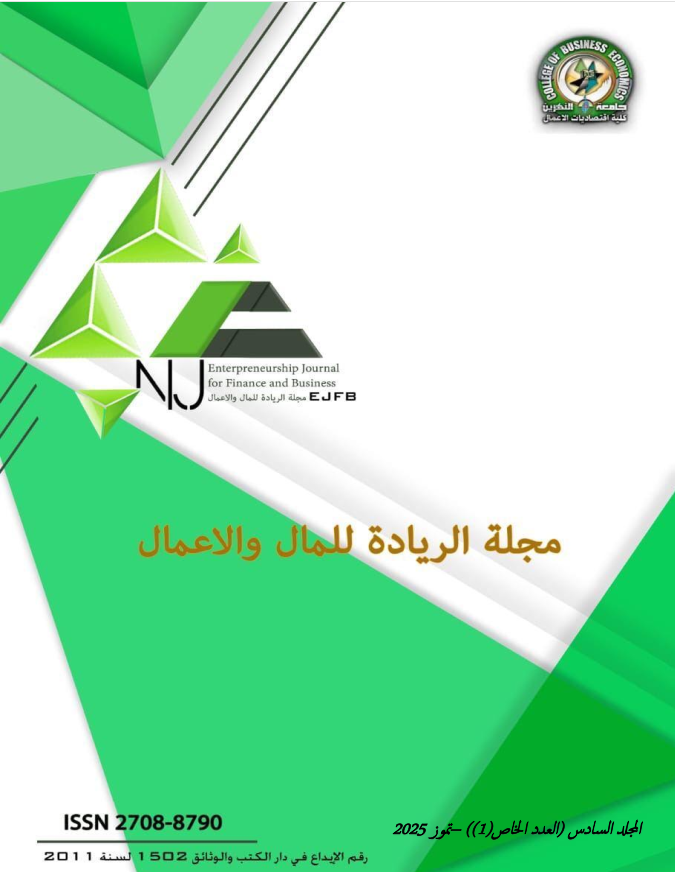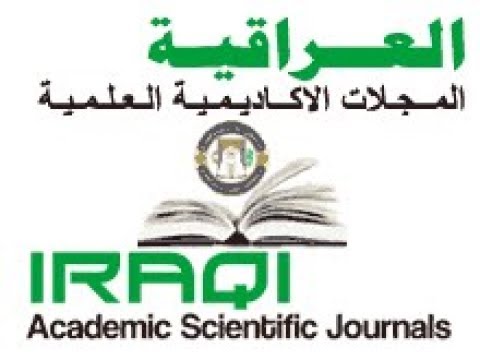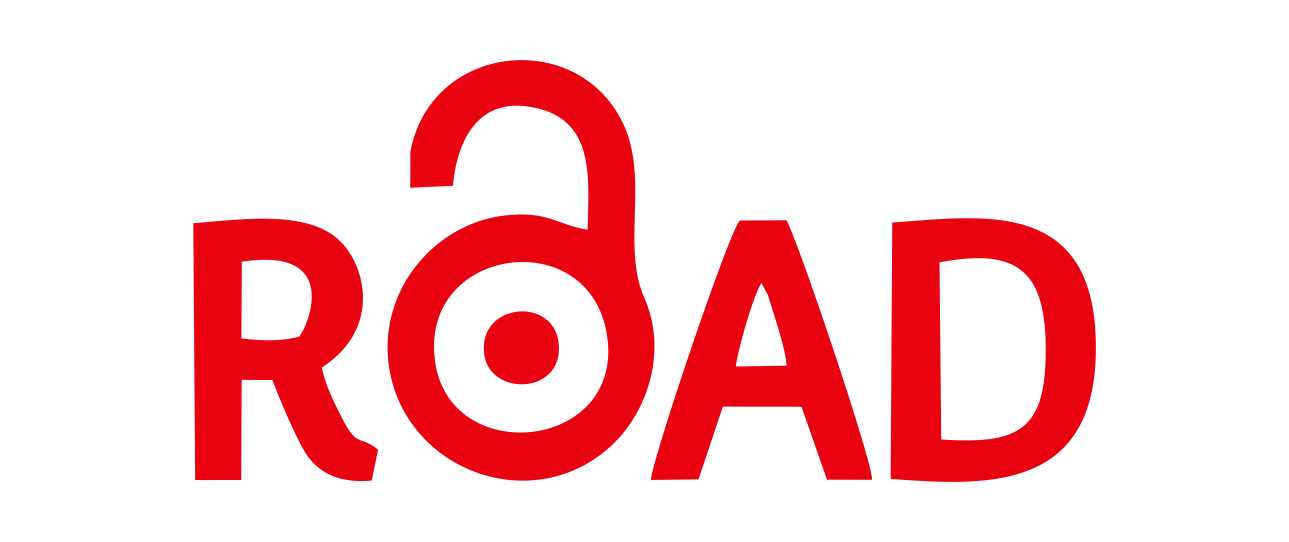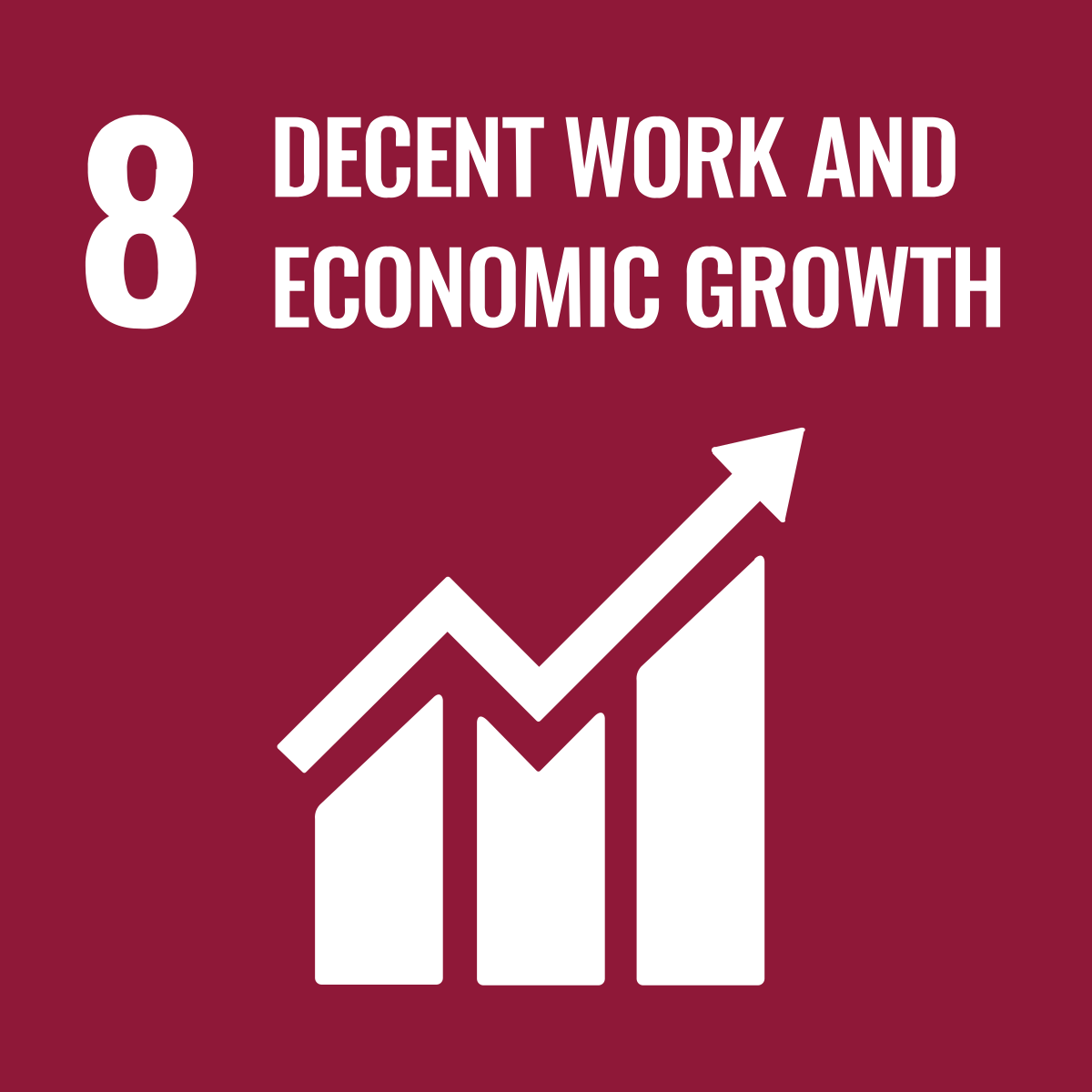The impact of organizational intelligence on achieving sustainable marketing: An analytical study in Al-Ittihad food industries company / Babylon
DOI:
https://doi.org/10.56967/ejfb2025665Keywords:
organizational intelligence, sustainable marketing, Al-Ittihad food industries companyAbstract
The research aimed to explore the reality of organizational intelligence and its dimensions — namely (environmental understanding, collective intelligence, and strategic vision) — as well as sustainable development and its dimensions (economic, environmental, and social). The focus was on Al-Ittihad Food Industries Company. The research also sought to identify the correlation between organizational intelligence and sustainable marketing within the company.
A descriptive approach was adopted, and the study sample consisted of 99 employees from various departments of the company. A questionnaire was designed as the main tool for data collection, in addition to conducting some personal interviews. Data were analyzed using SPSS software and Cronbach's Alpha for reliability testing. The questionnaire relied on a five-point Likert scale.
The research arrived at several key findings, most notably:
The level of organizational intelligence and sustainable marketing practices in the company was moderate, There is a strong positive correlation between the dimensions of organizational intelligence and those of sustainable marketing, The results indicated that the t-test values were statistically significant for all research variables at a significance level of (α ≤ 0.05), confirming a meaningful and positive correlation between organizational intelligence and sustainable marketing.
The study recommended that Al-Ittihad Food Industries Company should place greater emphasis on continuous learning and the need to clarify visions, plans, and future directions with its employees.
Downloads
Downloads
Published
How to Cite
Issue
Section
License
Copyright (c) 2025 محمد فخري برتو، شفاء تركي عايز، حيدر حربي حسين، محمد حمزة عباس

This work is licensed under a Creative Commons Attribution 4.0 International License.
This is an Open Access article distributed under the terms of the creative commons attribution (CC BY) 4.0 international license which permits unrestricted use, distribution, and reproduction in any medium or format, and to alter, transform, or build upon the material, including for commercial use, providing the original author is credited.










